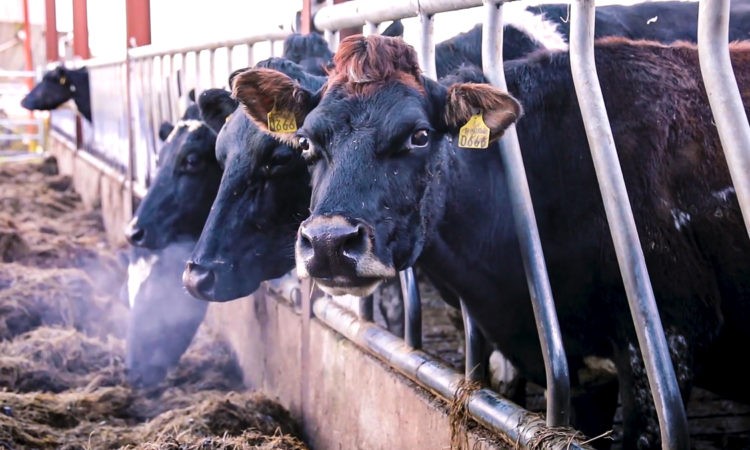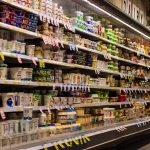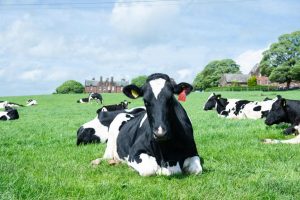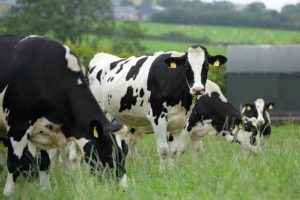
In a statement to be given to the Oireachtas Joint Committee on Agriculture, Food and the Marine this evening (Tuesday, December 8), Dairy Industry Ireland is calling for a series of measures to be taken to protect the sector from the worst impacts of Brexit.
Director of Dairy Industry Ireland Conor Mulvihill said: “As of today, dairy and specialised nutrition businesses still do not have clear information on the trading conditions which will apply for goods between Ireland and Britain and for services between Ireland and the UK as of January 1, 2021.
Our concern is that now there is insufficient time for dairy and specialised nutrition businesses to adjust to the outcomes of a prospective agreement, if indeed it is reached.
Mulvihill highlighted the importance of avoiding a hard border on the island of Ireland to protect the all-island dairy economy.
He said that Dairy Industry Ireland is continuing to support contingency planning but warned that “very significant government and EU intervention” will be needed.
Mulvihill called on the government to ensure that “adequate and agile supports” are available to businesses in early January, prioritising those worst affected.
“We are at the 11th hour so our message to the committee is to support us in controlling what we can from the Irish side,” the director said, outlining a number of measures that should be taken.
These measures include:
- In the event of a no deal, the implementation of an immediate tariff rebate scheme to protect our route to the key UK market. Use of all available funding for support at processing and primary level;
- An immediate opening of an Export Credit Insurance scheme to help companies aggressively seek new markets. Ireland currently is a complete outlier in the EU with no state scheme despite Irish dairy exporting 95% of its product;
- Confirmation that the term ‘Irish’ applies to Irish dairy and SN product from the entire island;
- Access of all Irish product from the island to existing EU Free Trade Agreements;
- Access to EU market intervention tools for all product from the island of Ireland such as Private Storage Aid and Intervention;
- Continued support and investment by the Irish state in alternatives to the British land bridge;
- Immediate implementation of a properly Capex scheme, ran by EI, to support diversification and other added value investments to mitigate Brexit;
Irish officials to simplify export certs to the UK for products of animal origin – using the example of the EU/NZ veterinary agreement would be a start.
“Irish dairy and specialised nutrition remains one of the most exposed business sectors in the EU to Brexit.
“Whether a future relationship agreement is reached or not, the consequences of the new trading relationship with the UK will be severe,” Mulvihill concluded.

























